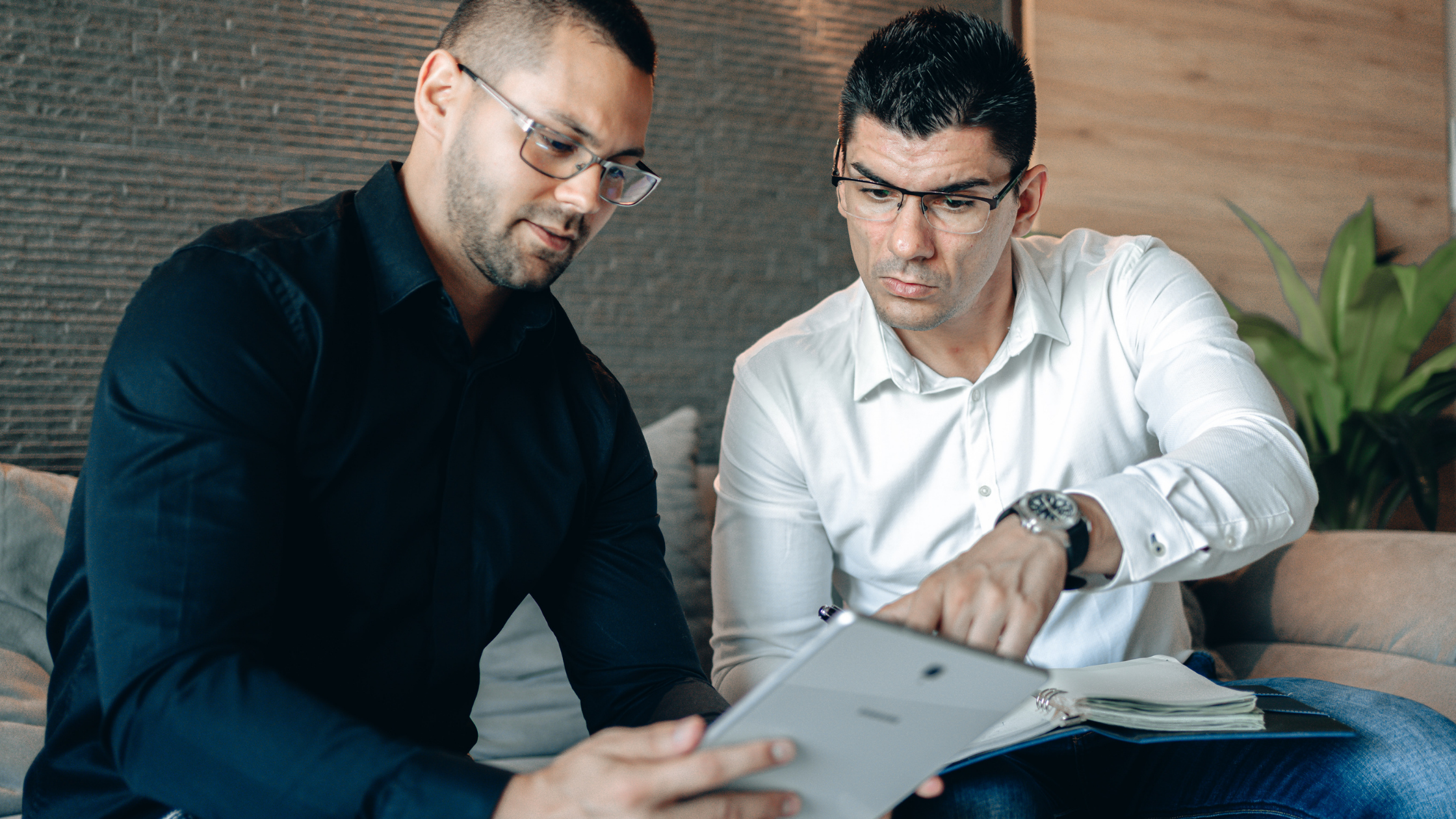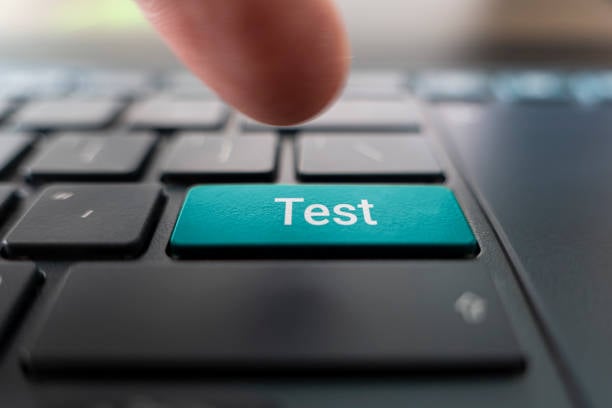
People are probably the most unpredictable component of user experience research, especially qualitative research which relies on discourse. A conversation might come easy for some, but not for others. The skill needed to perform this is known as “facilitation” – and the best way to learn facilitation skills is through trial and error! A talented facilitator also has fine-tuned their soft skills from body language to micro expressions.
What are soft skills?
Soft skills refer to a set of personal attributes, qualities, and abilities that enable us to effectively interact and collaborate with others in various social and professional settings. Unlike technical or hard skills, which are job-specific and can be quantifiably measured, soft skills are less tangible and relate to interpersonal communication, emotional intelligence, adaptability, and other social competencies. Soft skills are and are crucial for personal and professional success, and people with these skills make great researchers.
Why soft skills matter in research
One of the major points of doing any form of research is to create an empathetic link with your users. While technical skills are important for conducting research methods and analyzing data, it is the soft skills that truly elevate the quality and impact of UX research. Effective communication skills are essential for conducting interviews, usability tests, and focus groups, allowing researchers to gather valuable insights and feedback from users. Empathy and active listening enable researchers to understand users' needs, preferences, and pain points, which in turn enables the creation of user-centered designs. The act of facilitating research requires a connection so that participants feel that you are listening to their stories and genuinely care about them.
Can soft skills be learned?
The answer is YES! Body language and micro expressions are two examples of how we outwardly manifest our soft skills, and with practice we can get better at refining our outward demonstration of empathy and active listening.
While there are many books and articles available to learn and refine soft skills, the best teacher is practice. Practice makes perfect! You can practice with friends, family, and coworkers through mock interviews.
Body Language
When having a conversation, we say more with our bodies and facial expressions than we do with our words. By becoming aware of both our body language and that of others, researchers can gain insight into participants' nonverbal cues and how we deliver information.
What is body language?
Body language refers to nonverbal communication expressed through physical movements, gestures, postures, and facial expressions. It encompasses the subtle cues and signals that individuals convey with their bodies, often unconsciously, to express emotions, intentions, attitudes, and social dynamics. Body language can provide valuable insights into a person's thoughts, feelings, and level of engagement. Examples of body language include facial expressions like smiling or frowning, hand gestures, posture, eye contact, nodding, and even the distance maintained between individuals during conversations. Understanding and interpreting body language can help individuals better comprehend others' intentions, build rapport, detect deception, and adjust their own communication style accordingly.
Why body language matters while facilitating research
When you’re facilitating qualitative research, the feedback that’s collected includes verbal responses, physical reactions to questions, and behavior in the form of reactions towards the product itself. Picking up on body language can be a perfect opportunity to learn more. If you see someone make a face like they’ve smelled fresh roses or if they lean in towards the product testing, something has occurred that their subconscious has interpreted as enticing.
This provides you a chance to ask what they are thinking and why they reacted so positively. Without picking up on a participant's body language, you could miss a piece of evidence of why something is wrong and opportunities on how to make it better.
A researcher's body language is just as important as interpreting that of the participants. How you present yourself can influence your participants. To mitigate this, be aware of how you present yourself on screen (for remote studies) and ensure you are engaged, open, and receptive.
Some might say that it is difficult to stay focused during interviews, especially when there are multiple scheduled during the day. Some tricks to bypass fatigue include notetaking, using affirming gestures such as nodding and leaning forward to indicate your interest, and engaging in active listening by paraphrasing or summarizing what the speaker has said.
Micro expressions
Micro expressions also add to nonverbal communication. These are subtle ways your face reacts, both voluntarily and involuntarily. By watching out for body language and micro expressions, you’re setting yourself up for success by being able to follow up with probing questions to better understand how users feel about a product.
Some key expressions include:
- Surprise – Widened eyes, raised eyebrows, an open mouth, or a quick intake of breath
- Anger – Clenched fists, a tense body posture, or a hard stare
- Happiness – Smiling, laughter, relaxed body posture, and a general sense of lightness and positivity
- Disgust – Wrinkling of the nose, raised upper lip, and eyes slightly closed
The best way to learn and grow facilitation skills is through practice. Mistakes will happen but keep at it and don’t let the little mistakes stop you!
At Key Lime Interactive, we recognize every research study brings its own unique users and we want to help capture their unique experiences with your product. Contact us for more information on how we can help you better understand your users.









Comments
Add Comment